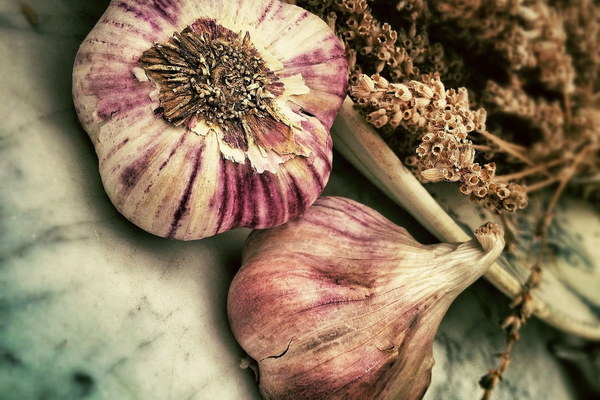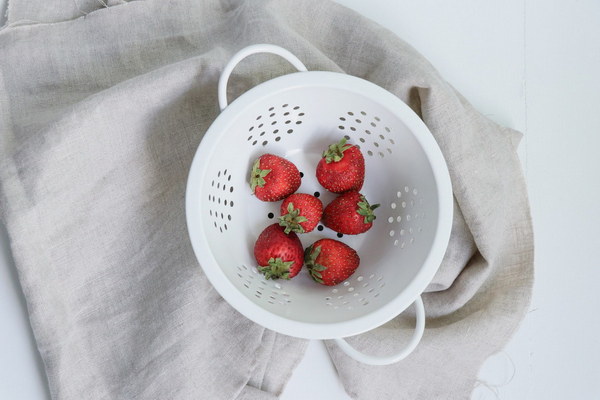Why Nourishing Your Spleen is More Important Than Nourishing Your Kidneys
In traditional Chinese medicine, the concept of balancing the body's internal organs is fundamental to achieving and maintaining health. Among these organs, the spleen and kidneys play a crucial role. However, many people mistakenly believe that nourishing the kidneys is more important than nourishing the spleen. In this article, we will explore why it is actually more beneficial to focus on nurturing your spleen.
First and foremost, the spleen is responsible for the transformation and transportation of nutrients within the body. It is often referred to as the stomach's assistant because it helps to break down food into essential nutrients that can be absorbed and utilized by the body. In contrast, the kidneys are primarily responsible for filtering waste products from the blood and producing urine.
While both organs play significant roles in maintaining overall health, the spleen's functions are more immediate and essential for the body's energy production. In traditional Chinese medicine, the spleen is associated with the element of earth and is considered the root of qi, which is the vital life force that circulates throughout the body. Therefore, a healthy spleen ensures that the body has a constant supply of energy, which is essential for all physiological processes.
On the other hand, the kidneys are considered the root of essence in traditional Chinese medicine and are responsible for the production of jing, which is the substance that nourishes the body, supports growth, and maintains reproductive function. While jing is vital for long-term health and longevity, it is not as immediately essential as the energy produced by the spleen.
Here are several reasons why nourishing the spleen is more important than nourishing the kidneys:
1. Energy production: As mentioned earlier, the spleen is responsible for transforming food into energy. Without a healthy spleen, the body may experience fatigue, weakness, and a decreased ability to perform daily tasks.
2. Immune function: The spleen plays a critical role in immune function. A weakened spleen can lead to a compromised immune system, making the body more susceptible to infections and diseases.
3. Digestive health: A healthy spleen ensures that the digestive process is efficient, leading to better absorption of nutrients and the prevention of digestive disorders such as bloating, gas, and constipation.
4. Mental health: The spleen is also associated with the emotion of worry, which can manifest as stress, anxiety, and depression. By nourishing the spleen, individuals may experience improved mental health and a greater sense of well-being.
While nourishing the kidneys is still important, especially as we age, it should not be prioritized over the spleen. Here are some tips for nurturing your spleen:
- Eat a balanced diet that includes plenty of fresh fruits, vegetables, and whole grains.
- Avoid excessive consumption of cold, raw, and difficult-to-digest foods.

- Engage in regular exercise to promote healthy blood circulation and support the spleen's function.
- Practice stress-reducing techniques such as meditation, yoga, or tai chi.
- Get adequate sleep to allow the body to rest and rejuvenate.
In conclusion, while both the spleen and kidneys are vital to overall health, focusing on nourishing the spleen is more important for immediate and long-term well-being. By ensuring a healthy spleen, you can support your body's energy production, immune function, digestive health, and mental well-being.









